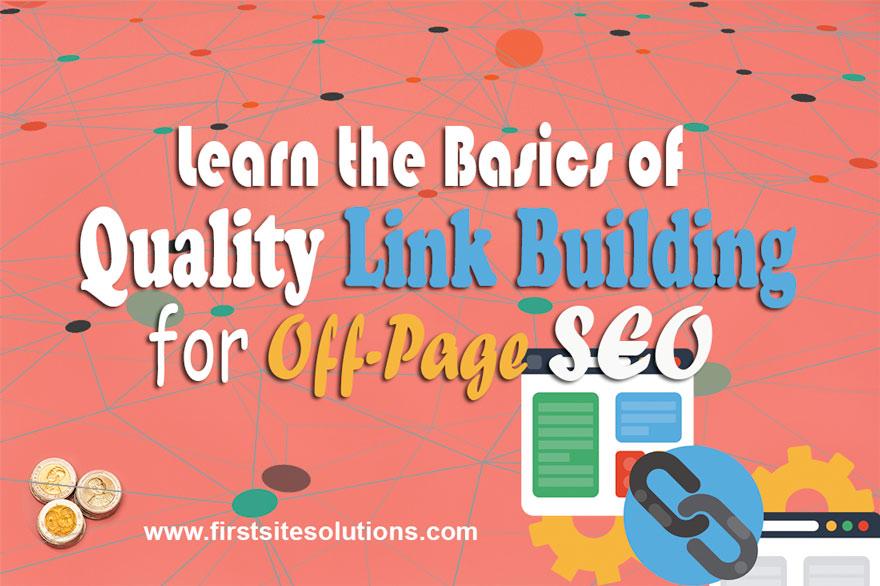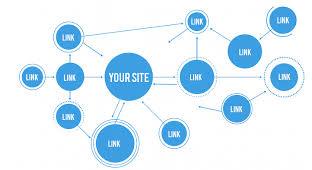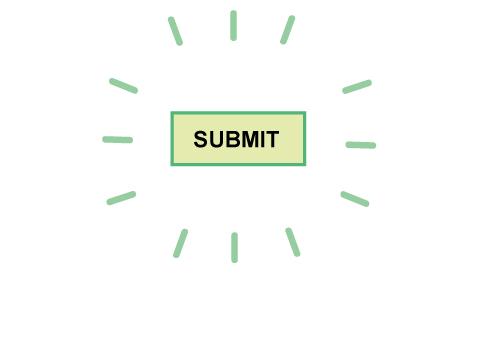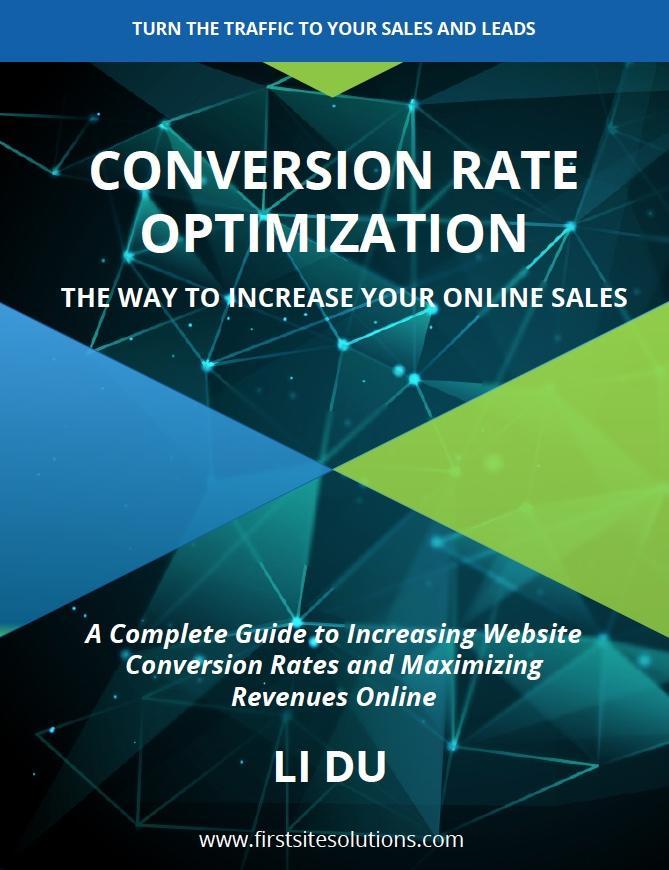
Link Building is a part of Search Engine Optimisation and is usually referred to as Off-Page.
Unlike, On-Page – Link building is an ongoing process. (Note: I consider on-page to be an ongoing process too, but the market is divided on this topic. For the sake of not getting into a debate, I will call "on-page" - a onetime process).
Link Building starts as soon as you finish on-page work on the website.

What is link building in Search Engine Optimisation?
In layman's language - Link building is a method to get references from other websites to your website.
How do you get these references, and what do these references mean in SEO?
Now. That's an interesting question.
A reference to your website means a hyperlink on the other website pointing to your website based on the relevant keyword.
All you must do is specify a keyword for which you want to give the backlink and make it a hyperlink.
Again, the keyword and hyperlink combined to form "the reference" from one web link to another web link. The idea is to let Google know that for this keyword or set of keywords, you trust the other web link.
Google's algorithms to rank your web link works around the concept of references.
Here is a diagram which demonstrates what I have explained till now:

Your site gets links (read: references) from other websites.
They inform Google "We trust this website for the keyword for which we have given it a link".
The better (quality) the reference you have, more are the chances of you succeeding in ranking for a keyword.
Link building is a tricky topic for those learning to be freelancers in the digital marketing industry as at times; it involves a lot of technicalities.
To elaborate on the concept of anchor text, consider this example.
To start with - the keywords on which hyperlink is set up are called Anchor Text.
(Note: I recommend you jot down the SEO jargons I will be using on this blog as you are going to hear a lot of them in SEO).
In our example, the anchor text is a keyword "learning to be freelancers", and the hyperlink is “https://www.lessonsatstartup.com/2018/10/14/how-to-become-a-successful-freelancer/”
The general format of how anchor text and backlink is created is <a href="http://www.referenceweblink.com">Anchor Text</a>
What should be the anchor text?
An anchor text is usually the keyword you are targeting on the target blog. For example, my target keyword for the blog for which I have set up hyperlink is "best of freelancers", and that's the keyword I have used in the anchor text.
Should anchor text be always the same as the keyword you are targeting in the target page?
No. We should always use a variation of keywords for the hyperlink.
If I were to make more backlinks to my blog, whose main keyword is How to be a good freelancer? I will use a variation of keywords like:
- Learning to be a freelancer
- How to be the best freelancer
- Learning to be a freelancer
I focus on intent than the actual keyword. All the keywords I wrote above mean more or less the same thing.
Google does not want you to do anything which it considers as unnatural. So, link building too must be natural for Google.
Google's crawlers sniff obnoxious activity as soon as they see too many web links pointing to your blog with the same keyword. Google's logic is simple. How can so many links point to a single website with the same anchor text? Google thinks you are trying to fool Google's crawlers, and they raise a red flag. As a result, your web link is pushed down the rankings.
Add to above, too many backlinks coming in a short time frame. Google again thinks of this as a spam technique. Hence, link building must be done slowly and smartly. The more, the merrier does not hold true with Google.
How do you build Backlinks?

You get backlinks through various techniques such as:
- Social bookmarking
- Directory submissions
- Social media share
- Commenting
- Article Submission (web 2.0 submissions)
- Guest Blogging
Let's go through all the techniques one by one:
Social Bookmarking:

Social Bookmarking is a simple technique of bookmarking your favourite web pages on social bookmarking websites.
By bookmarking a web link, you are sharing it with the members of the social bookmarking website.
It is the oldest trick to get a backlink and has been in existence since SEO came into existence.
Here is a list of popular social bookmarking websites:
- Stumble Upon
- Dribble
- Digg
Directory Submissions:

Again, an old trick. Some even call it redundant today. Nevertheless, I am going to explain to you how it works.
You find the directories where you can submit your web link, and you submit your website to the right category/subcategory. On approval, you get a backlink from the directory.
The idea is to point Google to your website from the listing created in the directory.
Here is a list of few directories for you to submit your website to:
- freeprwebdirectory.com
- marketinginternetdirectory.com
- webmasterdirectory.us
- acedirectory.org
- lifetimelinks.com
Social Media Shares:

You might be wondering, what is social media share doing on an SEO Blog? Here is an interesting stat for you "At least 61% of those investing a minimum of six hours per week in social media marketing saw improvements in search engine rankings."
The message is simple and clear "Social Media shares positively impact your website's rankings". I will explain to you the logic behind this. Google, the search engine has been working in a direction to show the best of content in its search results.
Here is a simple question for you "Why do we share content on social media?"
Most of the times, we share the content we like. Which implies, the more the shares – the more is the popularity of content in social media space.
It also sends a message to Google – "Hey! This content is going popular on social media. You should give it some preference in your search results".
There is no statement from Google verifying what I wrote above, and incidentally, there is no statement from Google validating the benefits of link building.
Google is as secretive as the CIA.
We, the mortals only have experiences of fellow digital marketers and theories built around them to validate what works and does not work with google.
The theory I have here is that popularity on social media implies the content is loved by social media users – thereby, giving the content a good push in search rankings.
Commenting:

A well written (meaningful) comment can get you a backlink.
All you should do to get backlink via comment is to go to a relevant blog, drop your viewpoint on the blog and mention your web link there.
Ta-da! You have a backlink to your web page. Right?
Wrong! Commenting is one of the strictest methods to get a backlink.
Bloggers like me hate to approve a backlink in comments because:
- Most of the comments are spam. Spam because the comments are posted by those who have no clue on what my blog is all about.
- They use generic lines like "thanks for sharing the content….i have something similar at my link" or worse – "Buy Viagra from this link ___". I have a message from the spam commenters from Bon Jovi "You give Digital marketers a Bad Name". I shalt not approve thy comment.
- Most of the comments (even if meaningful) do not bring value addition to the discussions on my blog. Comments like "Nice blog "thanks for sharing" are all the oldest tricks in the book to get a backlink. Again, they are not approved by me.
- Too many approved backlinks from my blog (outbound links) makes my blog look like a spam blog to google. Therefore, I am very cautious about what I accept.
All you have to do to get an approved comment is:
- Write something meaningful regarding the blog.
- Write something thought-provoking.
- Bring value to the table and get noticed.
I don't mind approving a backlink from someone who is a regular visitor to my blog and a regular contributor than someone who has just parachuted from nowhere with a backlink attached to the comment.
Let's move on to the two most popular of all the tricks to get backlinks:
Article Submission:

Another standard method to get a backlink is by submitting the articles to websites which accept articles.
Websites like Ezine, Medium etc. accept articles, reviews them and approves them (if they meet the guidelines).
All of them have different criteria to give you backlinks.
Giving company to the above article submission websites are websites where you do not have to go through an approval process to get a backlink.
Some of the websites where you can set up a profile and publish a blog are:
- Ezine Articles
- Medium
- Wordpress
- Blogger
- Tumbler
You can add a backlink to your article on the above websites without going through an approval process.
A benefit of submitting to the above-listed websites is that you don't have to go through the drill of sending and getting approval.
The flip side of submitting on the above websites is that since you are not going through an approval process, you will cut corners and will write solely to get a backlink.
Since there is no quality check, I usually refrain from reading articles published on the above platforms (medium – being an exception).
Guest Blogging:

Do you know how to write an engaging blog?
Then you are someone who will succeed in Guest Blogging.
All you have to do is, find the relevant blogs in your industry and drop them an email or message asking them "if they would be willing to get a contribution from you?"
How do you find these guest blogs?
Search on google for keywords like:
topic+ write for us
topic + guest blog
topic + contribute
For example, if I am looking for websites which accept guest blogs in digital marketing, I will search for the list by using the combination:
digital marketing+ write for us
digital marketing+guest blog
and so on.
The idea is to find websites which accept contributors.
Once you get them, all you must do is send them your article ideas or full article for approval.
Here is a guest blog is written by me on a famous business website:
How to Know When to Close Your Business and Start Over
How do you get a backlink from guest blogging?
You can use an anchor text pointing back to your web link, or your web link will be put up in author's bio section (if the website owner does not allow a web link in the article).
At the end of the day, you get a backlink and although, there are contradictions on whether the author bio link counts as a backlink on not – I am at peace with the fact that another blog accepted my article which establishes my authority in the industry I am working in and whenever I have written for a famous website, there traffic drive to my site has been invaluable.
Did you know? There are two types of Backlinking techniques.
- External backlinking
- Internal Backlighting
All the methods I explained above are a part of the external backlinking. "External" obviously means that you are trying a backlink from an external source. You are thereby making the technique more dependent on other websites.
Now, what if I told you "You can also do link building in between the pages of your website".
Here is the concept of internal backlinking.
With internal backlinking, you create links between two web pages of your website.
Precisely speaking, when you give links from one of your website's pages/blogs to another page/blog on the same site – the technique is called internal backlinking.
It's a good practice to use internal backlinking for two reasons:
- The passing of reference from one link to the other link (the simple concept of reference and backlinking).
- The next being the "user engagement "factor. By providing a reference to another blog/page of your website, you ensure the website visitor is kept engaged and visits more pages/ blogs on your website.
I have covered almost all the fundamentals of backlinking.
Before I end, here are a few more points for you to help you with link building:
- What is the link juice?
Link juice is an authority passed by a website which has given you link to your website, and this juice is not sold by Tropicana (that was a bad joke!)
- Follow v/s No Follow Links:
Most of the websites today give no follow-link to ensure their link juices are not passed to your website. All they do is add a no-follow tag next to the hyperlink.
Although there is no definite proof of the importance of follow-link over a no-follow link, as per most of the digital marketers, do-follow links give you an advantage over no-follow links in link building.
The "Link Juice" flows fast and steady from a follow link than a no-follow link.
- Understanding the relevance of a link:
It is not easy to judge the relevancy of a web link to get a backlink, but you must do your research before trying to get a backlink.
Think logically before finalising a website for getting a backlink.
For example, how would a backlink from a hospital website serve a toy store? When I have to build backlinks, I check the relevancy of a website from where I am trying to get a backlink, i.e., is the website in the same or similar business-like mine or not?
Then, I check something called the Page Authority and Domain Authority of the website. I also look at the number of existing links already given by the web page. If the page has already given too many backlinks, I refrain from using the page for backlinking.
- The concept of Value addition:
Let me ask you a question "why will allow anyone you to add your backlink to comment or article or a blog?" For me, the answer is quite simple "you get a backlink only if you bring some value to the table", and that's what you should be working on.
If you are posting a comment, read the blog carefully and then add something of value addition. If you are applying for a guest blog, post a guest blog which should complement the content already published by the blog owner.
Remember, the more the value addition you create – the better are the chances for the blog/website owners to allow a backlink from you.
Link Builders across the world have the toughest job to do.
Today, the genuine links are hard to come by, and the most natural methods to get links (directory submission, social bookmarking) are not reliable anymore.
Without backlinks, SEO of a website is incomplete.
To make genuine links, you must work with a goal in mind which should be set around the quality of and quantity of links you intend to build.








